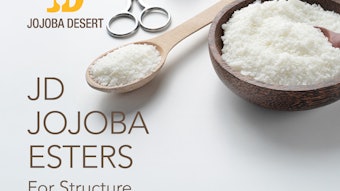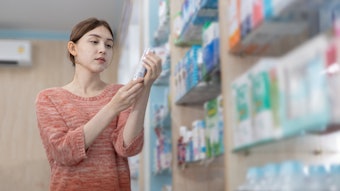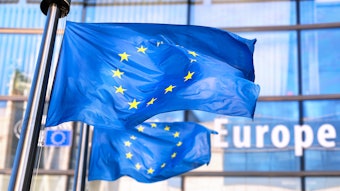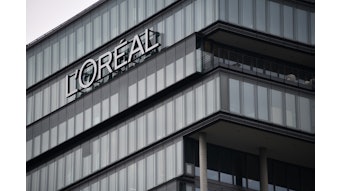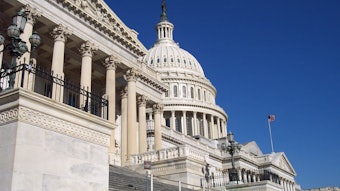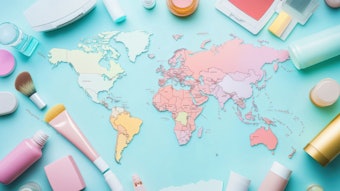Cosmetics and personal care products in Hong Kong are governed by Chapter 456 of the Consumer Goods Safety Ordinance. This states that a person shall not supply, manufacture or import consumer goods unless said goods comply with the general safety requirements for consumer goods, or they meet the approved standards, if applicable, of the U.S. Food and Drug Administration (FDA) and European Union (EU) Cosmetic Directive. No strict regulations are imposed on the import of cosmetics and personal care products into Hong Kong. Further, import licenses and pre-market authorization are not required, as they are considered barriers to free trade. In contrast, the main countries exporting to Hong Kong (notably the United States, EU countries and Japan) require these.
Quality assurance: In Hong Kong, safety assurance is viewed as being part of the product manufacturing process, and reasonable safety will result from all the necessary production processes being followed. These include the purpose for which, and manner in which, products are presented, promoted or marketed. Most manufacturers have adopted the standards of leading companies in EU countries, the United States and Japan, where Cosmetic Good Manufacturing Practices (GMPs) are the main criteria followed. In fact, to establish goodwill, many cosmetic manufacturers in Hong Kong have adopted the GMP guidelines established by the U.S. FDA, which are used when FDA inspectors assess cosmetic manufacturing plants and equipment, finished and unfinished materials, containers and labeling.
Ingredients: Manufacturers can use any cosmetic ingredients except those that are prohibited or restricted by the U.S. FDA or that are on the EU Cosmetic Directive positives list. Ingredient information is required as per the United States, and cosmetic companies voluntarily submit information and data on ingredients to the U.S. FDA. The EU and Japan have similar systems.
Labeling: Labeling requirements in Hong Kong follow those of Japan, the United States, the EU and China. Similar to the prerequisite for pharmaceuticals, the identity of each ingredient in a cosmetic or personal care product must be listed on the outer package of the product in English and Chinese. The names of the ingredients, particularly their chemical names, conform with Personal Care Products Council’s (PCPC) INCI designation, or World Health Organization (WHO) standards. Other information required on the label includes the brand name; product name; weight or volume; name and address of the manufacturer or packer; statement of advice/cautions or instruction for use; and expiration date or “best before” date.
Liability: All products sold on the market must be safe. The company or person responsible for placing products on the market bears full responsibility for the product’s safety. Failure to do so will result in a penalty, as stipulated under the Consumer Safety Goods Ordinance.
‘Green’ awareness: Finally, the trend for green and natural products is big in Hong Kong, with consumers moving toward environmental conservation due to increasing governmental awareness. It is therefore advisable for companies importing into Hong Kong to base these product types on EU legislative requirements


